At TwoBeyond, we believe that illness doesn’t just affect the person diagnosed—it affects everyone who loves and cares for them. When a young person faces a life-threatening or life-changing illness, it can turn their world upside down. The shock of a diagnosis is only the beginning, and the road through treatment and recovery is often long, painful, and filled with uncertainty. Even after treatment, the emotional and physical challenges continue. That’s why we’re here.
We started TwoBeyond because we want to make sure that no young person and families have faces these challenges with uncertainty, We want to change the way people think about support. It’s not just about the medical bills or treatment—it’s about the people and the families who need help navigating the emotional weight, the fear, and the long journey toward healing. We believe in offering more than just financial assistance; we believe in offering hope, care, and a sense of belonging to those who need it most.
The idea behind TwoBeyond is simple but powerful: we want to use the power of community to lift up those who are struggling. By turning small, everyday actions—like watching a video, sharing a post, or making a donation—into real, meaningful support, we can create a network of care that goes beyond just one person or one family. It’s about showing them that they are not alone, that their journey is being supported by a community that cares.
We believe that young people who are fighting illness deserve the chance not just to survive, but to heal, grow, and thrive. They deserve to have a community behind them, encouraging them, lifting them up, and helping them navigate the challenges of illness and recovery. That’s why we’re here.
Why are we doing this? Because we know that life doesn’t stop when you’re faced with an illness and we believe that we can make a difference by coming together—by turning compassion into action. Every small act of kindness adds up, and when we work together, we can create something powerful and we can show these young people and their families that they are supported, loved, and seen.
